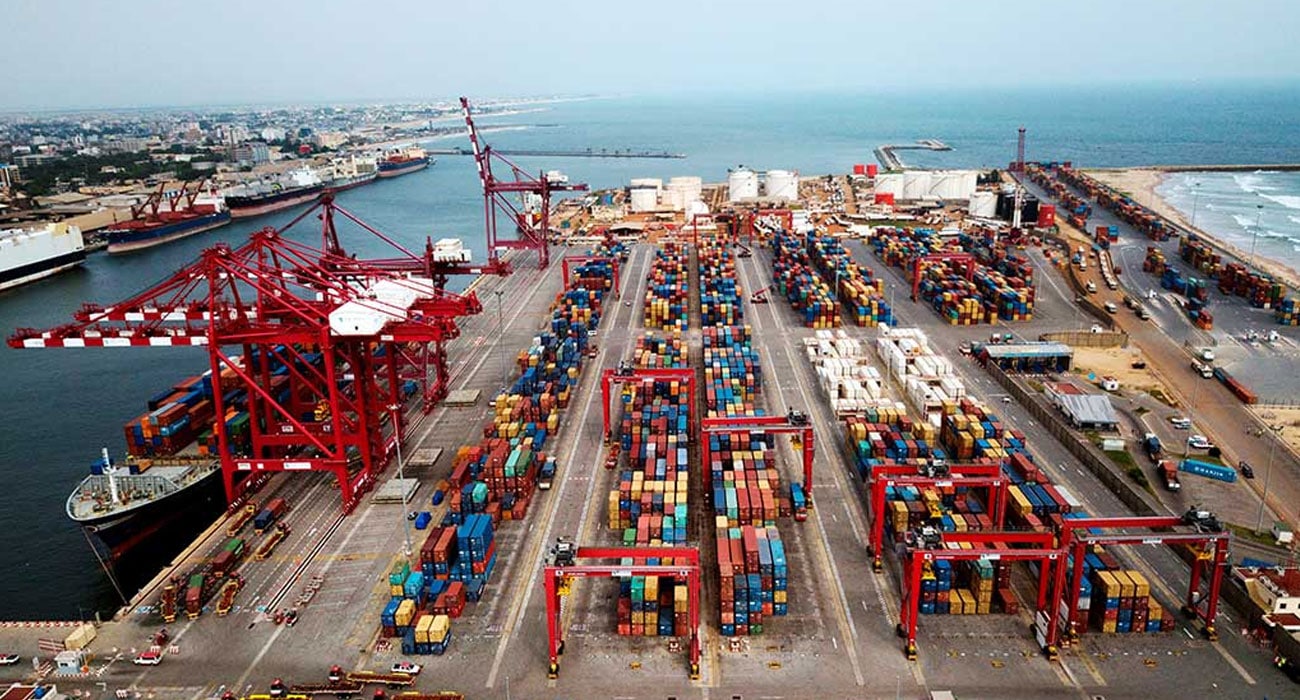Niger-Benin tensions impact Cotonou port revenues

Niger-Benin tensions impact Cotonou port revenues
The ongoing tensions between Benin and Niger are significantly affecting the operations and revenues of the Autonomous Port of Cotonou. The conflict, initially sparked by Benin’s decision to close its maritime access to Niamey in response to ECOWAS sanctions, has had far-reaching economic repercussions.
In October 2023, the administration of the Port of Cotonou was compelled to refuse goods destined for Niger, leading to a backlog of over 2,000 containers still stranded at the port.
These containers, filled with various goods, were intended for transport to Niamey but remain on the port’s platform.
“Currently, there are 70 to 80 ships per month entering the port. We were previously handling around 95 to 100 ships per month,” stated Kristop Van Den Branden, Commercial Director of the Autonomous Port of Cotonou, during an interview with Bip Radio last weekend.
This decline highlights the significant reduction in maritime traffic due to the ongoing diplomatic dispute.
Benin had hoped for a resumption of normal activities following the lifting of ECOWAS sanctions.
However, Niger’s decision to maintain its border closures has dashed these hopes, exacerbating the port’s logistical and financial challenges.
The port’s import volume, typically around 10 million tonnes annually, has been particularly affected, with approximately 30% of this volume destined for hinterland countries, and nearly 90% of that destined for Niger.
The reduction in traffic has led to a substantial decline in port operations. “Since Niger stopped routing its goods through Benin, the Port of Cotonou has seen a decrease of between 20 to 30% in its import volume,” revealed Van Den Branden.
He further explained that the financial impact, while significant, is somewhat mitigated by the preferential tariffs previously offered to Nigerien partners. “We have lost 10 to 15% of our revenue,” he noted, underscoring the economic strain on the port’s finances.
The broader implications of this crisis are still unfolding, but the immediate effects on the Port of Cotonou’s operations and revenue streams are clear.
The reduction in ship traffic and the accumulation of unshipped containers are tangible indicators of the disruption caused by the diplomatic rift.
About The Author
dailymailafric
I am an avid African news observer, and an active member of Daily Mail Africa.
I’m Passionate about staying informed on diverse topics across the continent,
I actively contribute to publishing on political, economic and cultural developments in Africa.



